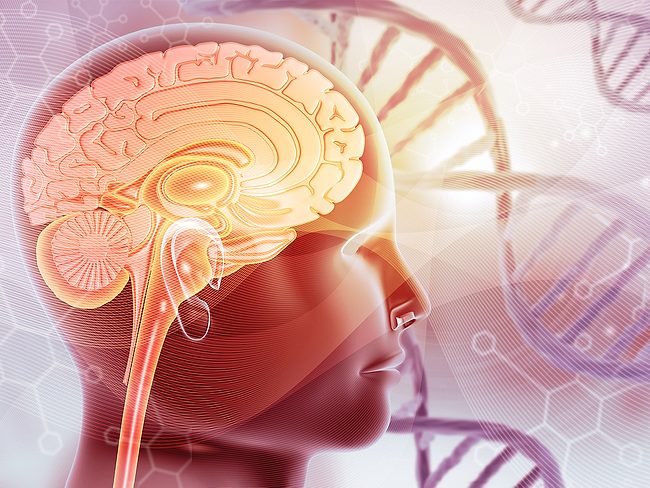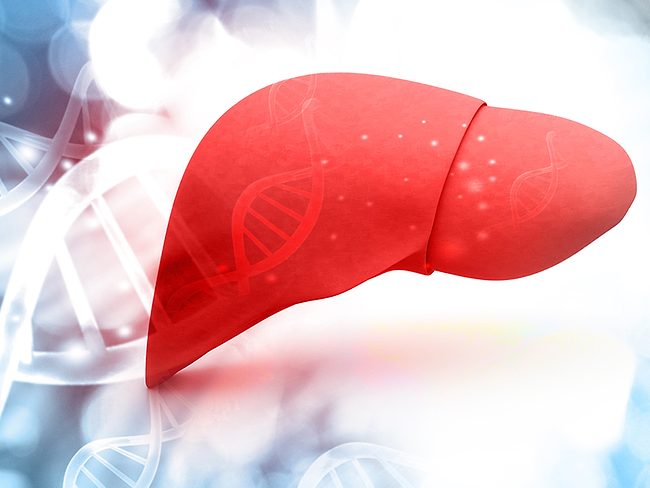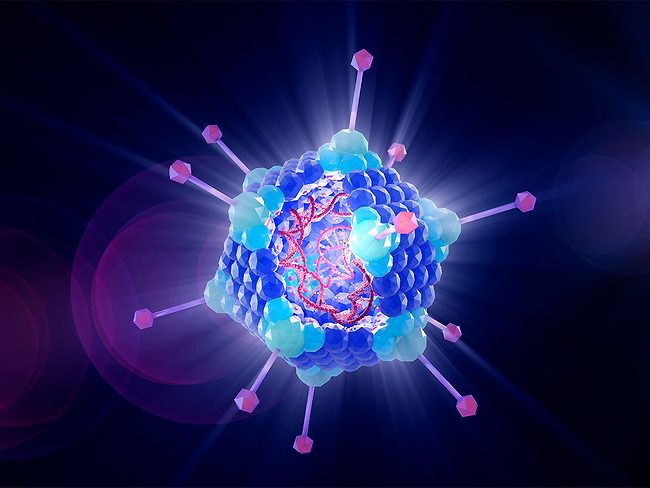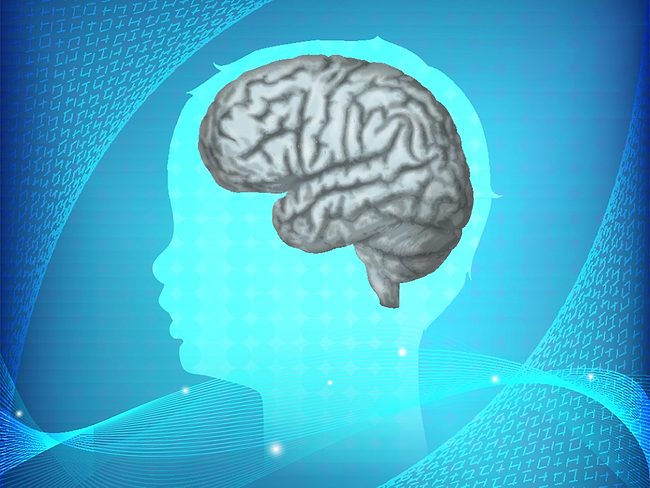
Neurology/psychiatric, BioWorld Science
Neurology/psychiatric
BIN1 gene replacement therapy shows preclinical promise for myopathy
Read MoreNeurology/psychiatric
IND clearance for Mavrix Bio’s AAV gene therapy for Angelman syndrome
Read MoreNeurology/psychiatric





